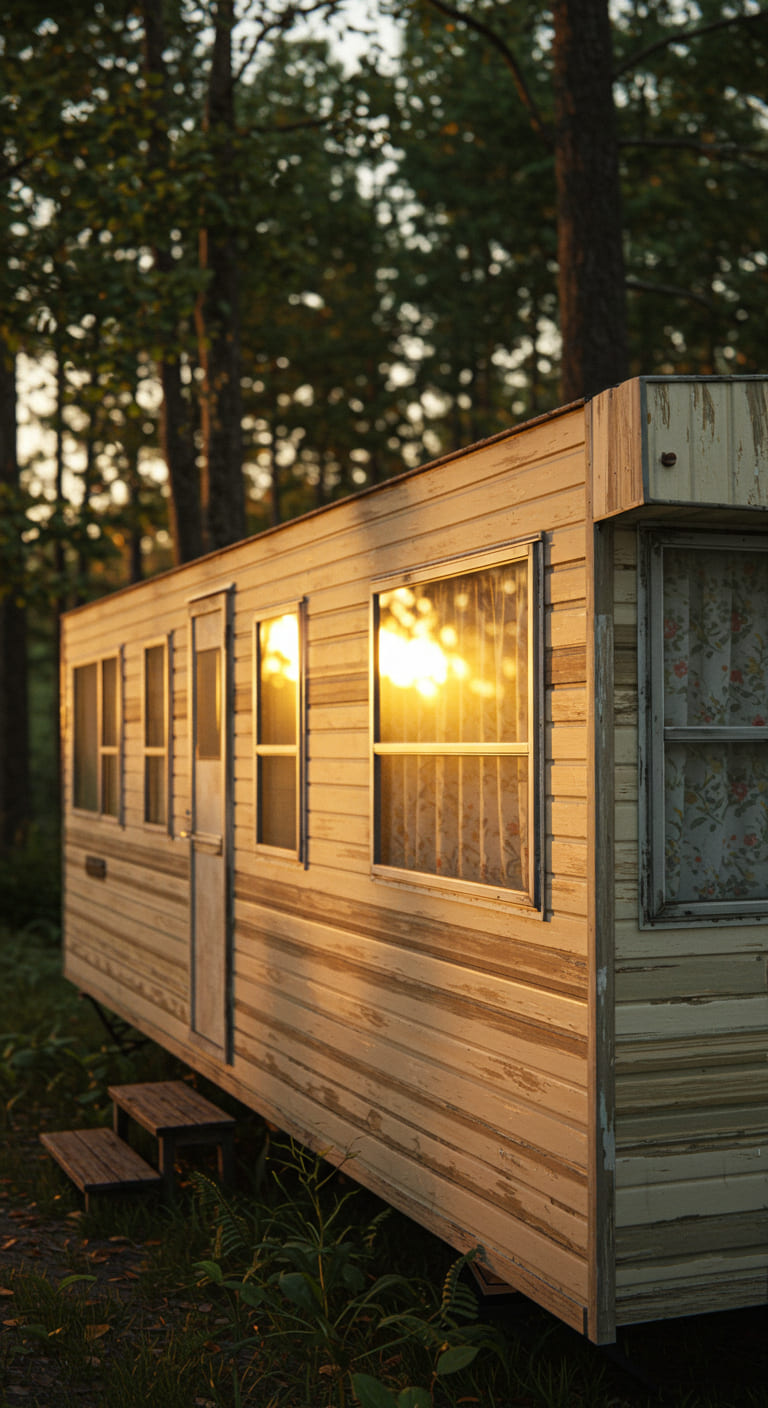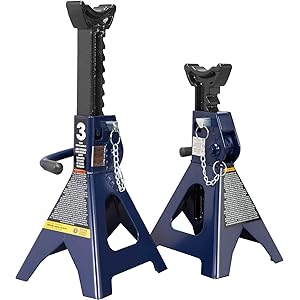As a proud homeowner of a manufactured home built before 1976, I understand the unique charm and challenges that come with living in a vintage mobile home. If you’re like me, you might be curious about your home’s value, especially with the current real estate market trends. Today, I want to share my journey and insights into how to determine your manufactured home’s value and the importance of getting a free assessment.
The History of Manufactured Homes
Before we dive into valuing our homes, let’s take a moment to understand what makes manufactured homes built before 1976 distinctive. The manufactured home industry has a rich history, with its roots tracing back to the early 20th century. Initially, these homes were viewed as a temporary housing solution, but over time they evolved into permanent residences.
In 1976, the U.S. Department of Housing and Urban Development (HUD) established standards for manufactured homes, which improved safety and quality. Homes built before this date, known as “pre-HUD homes,” often have unique characteristics and materials that may influence their value today.
Why Knowing Your Home’s Value is Important
Understanding your manufactured home’s value is crucial for several reasons:
- Insurance Needs: Knowing your home’s current market value helps ensure you have adequate insurance coverage.
- Market Trends: Being aware of your home’s value can guide your decisions when it comes to selling or upgrading.
- Investment Insight: A proper assessment can reveal whether your home has appreciated or depreciated in value, helping you make informed financial decisions.
Factors That Influence Your Manufactured Home’s Value
Several key factors contribute to the valuation of manufactured homes, particularly those built before 1976:
- Location: The location of your home significantly impacts its value. Homes in desirable neighborhoods or areas with good schools often command higher prices.
- Condition: The overall condition of your home, including structural integrity, plumbing, and electrical systems, plays a crucial role in valuation.
- Upgrades and Renovations: Any renovations or upgrades, such as modern appliances or energy-efficient windows, can increase your home’s worth.
- Size and Layout: The size of your home and its floor plan can affect its marketability and value. Larger homes with functional layouts are generally more appealing.
- Market Demand: Local market trends can influence your home’s value. High demand for affordable housing can result in increased prices.
How to Determine Your Home’s Value
Now that we understand the factors at play, let’s explore how to determine the value of our pre-1976 manufactured homes. Here’s a step-by-step guide based on my personal experience:
1. Research Comparable Sales
I started by looking at comparable homes in my area. Websites like Zillow, Realtor.com, and local real estate listings provided a wealth of information. By examining homes of similar size, age, and condition, I was able to gain insight into the current market trends.
2. Get a Professional Appraisal
A professional appraisal is an invaluable tool for determining your home’s worth. Appraisers assess various aspects of your home, including its condition, features, and location. I recommend finding an appraiser experienced in manufactured homes to ensure an accurate assessment.
3. Consider Online Valuation Tools
While they shouldn’t be the sole method of valuation, online tools like the National Association of Realtors or local real estate websites can give you a rough estimate. However, take these estimates with a grain of salt and always verify with a professional.
4. Assess Your Home’s Features
Make a detailed list of your home’s features, including:
- Square footage
- Number of bedrooms and bathrooms
- Upgrades and renovations
- Condition of appliances and systems
- Outdoor space
This list will be helpful when discussing your home with a real estate agent or appraiser.
5. Consult a Local Real Estate Agent
Connecting with a local real estate agent who specializes in manufactured homes can provide valuable insights. They understand the local market and can help you assess your home’s value based on current trends and buyer preferences.
Understanding the Assessment Process
The assessment process for manufactured homes, especially those built before 1976, can be slightly different from traditional homes. Here’s what I learned:
- Documentation: Gather all necessary documentation, including titles, permits, and any renovation records. This information can help appraisers understand the history and condition of your home.
- Inspection: Be prepared for a thorough inspection. Appraisers will look for structural issues, condition of systems, and overall maintenance.
- Market Analysis: Appraisers will perform a comparative market analysis to evaluate your home against similar properties.
Case Studies: Real-Life Examples
To further understand the valuation of manufactured homes, here are two case studies I found compelling:
Case Study 1: The Renovated Classic
One homeowner, Jane, owned a manufactured home built in 1974. After investing in a kitchen renovation and new roofing, she sought an appraisal. The appraiser found that her home’s value had increased by 30% due to the condition and upgrades. Jane’s proactive approach to home improvement paid off significantly when she decided to sell.
Case Study 2: The Original Vintage
Another homeowner, Tom, owned a well-preserved manufactured home from 1965. Despite its age, the home retained much of its original charm. Tom was surprised to learn that the unique features and historical significance boosted its value, leading to a competitive offer in a tight housing market.
Obtaining a Free Assessment
Many companies offer free assessments for manufactured homes, and I highly recommend taking advantage of these services. A free assessment can provide you with a starting point to understand your home’s value without any financial commitment. Here’s how to get started:
- Research Local Appraisers: Look for appraisers specializing in manufactured homes and check their reviews.
- Request an Assessment: Reach out to them and request a free assessment. Be prepared to provide details about your home.
- Review the Report: Once you receive the assessment, review it carefully and ask questions if needed.
Final Thoughts
As I wrap up this journey into understanding the value of manufactured homes built before 1976, I hope you feel empowered to take action. Knowing your home’s value is not just about numbers; it’s about understanding your investment and making informed decisions for your future.
Remember, the value of your home can fluctuate based on various factors, but with the right tools and resources, you can navigate this landscape successfully. Don’t hesitate to reach out for a free assessment today and take the first step toward understanding your home’s worth!
FAQs
Q: How do I find my manufactured home’s worth?
A: Start by researching comparable sales in your area, consider getting a professional appraisal, and consult online valuation tools.
Q: What if my home was built before 1976?
A: Homes built before 1976 may have unique characteristics that could affect their value. It’s essential to consult an appraiser familiar with vintage manufactured homes.
Q: Can I sell my manufactured home?
A: Yes! Many people successfully sell manufactured homes. Understanding your home’s value is crucial to setting an appropriate asking price.
If you found this article helpful, please consider signing up for our newsletter for more insights and tips on manufactured homes. Share this article with friends and family on social media to spread the knowledge, and let’s empower each other in our homeownership journeys!
TCE 3 Ton (6,000 LBs) Capacity Double Locking Steel Jack Stands, 2 Pack, Blue, AT43002AU
$27.71 (as of November 15, 2025 07:52 GMT -03:00 - More infoProduct prices and availability are accurate as of the date/time indicated and are subject to change. Any price and availability information displayed on [relevant Amazon Site(s), as applicable] at the time of purchase will apply to the purchase of this product.)
Sign up for our newsletter and stay up to date with exclusive news
that can transform your routine!





